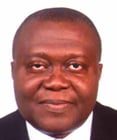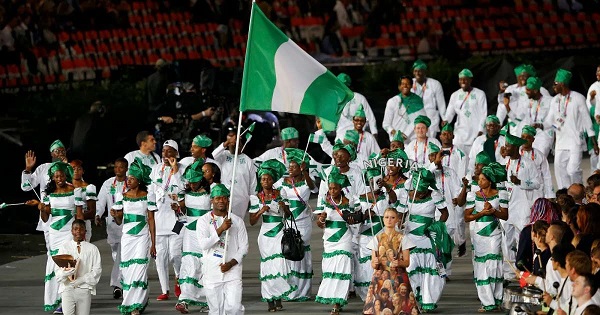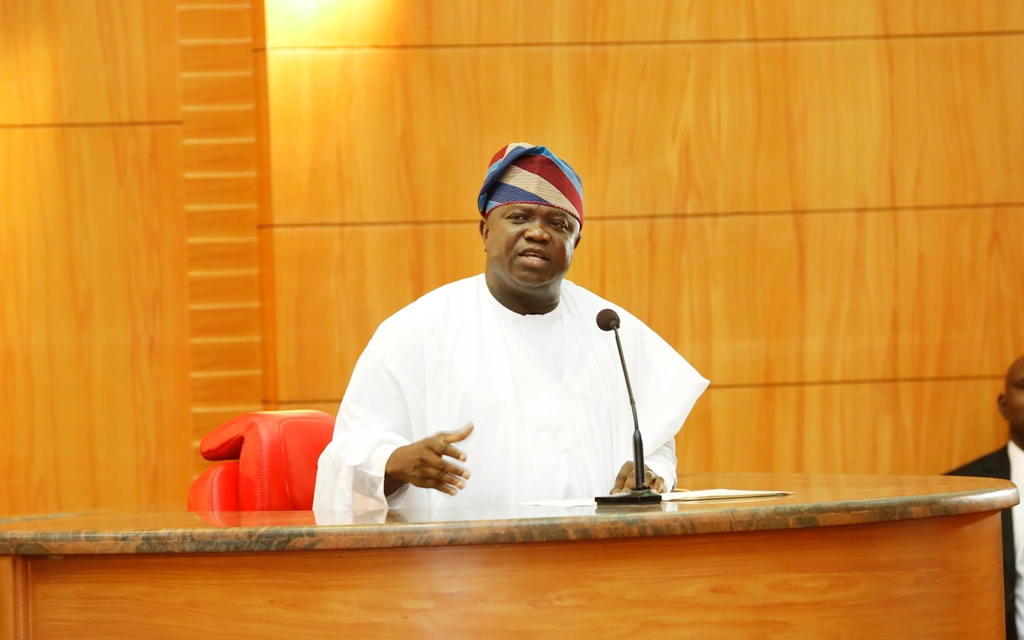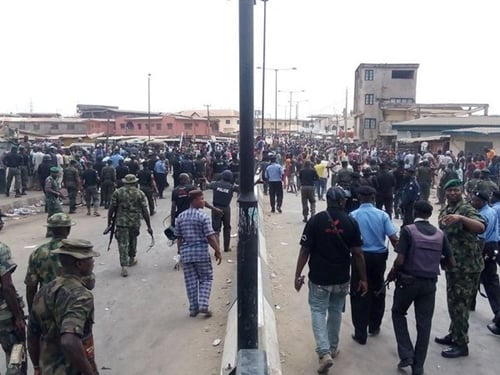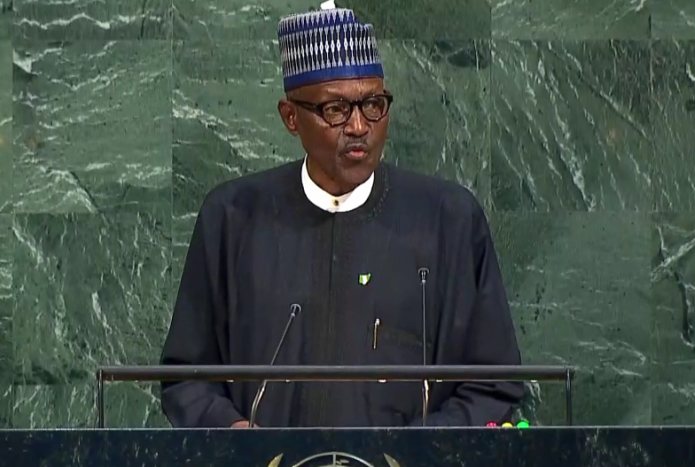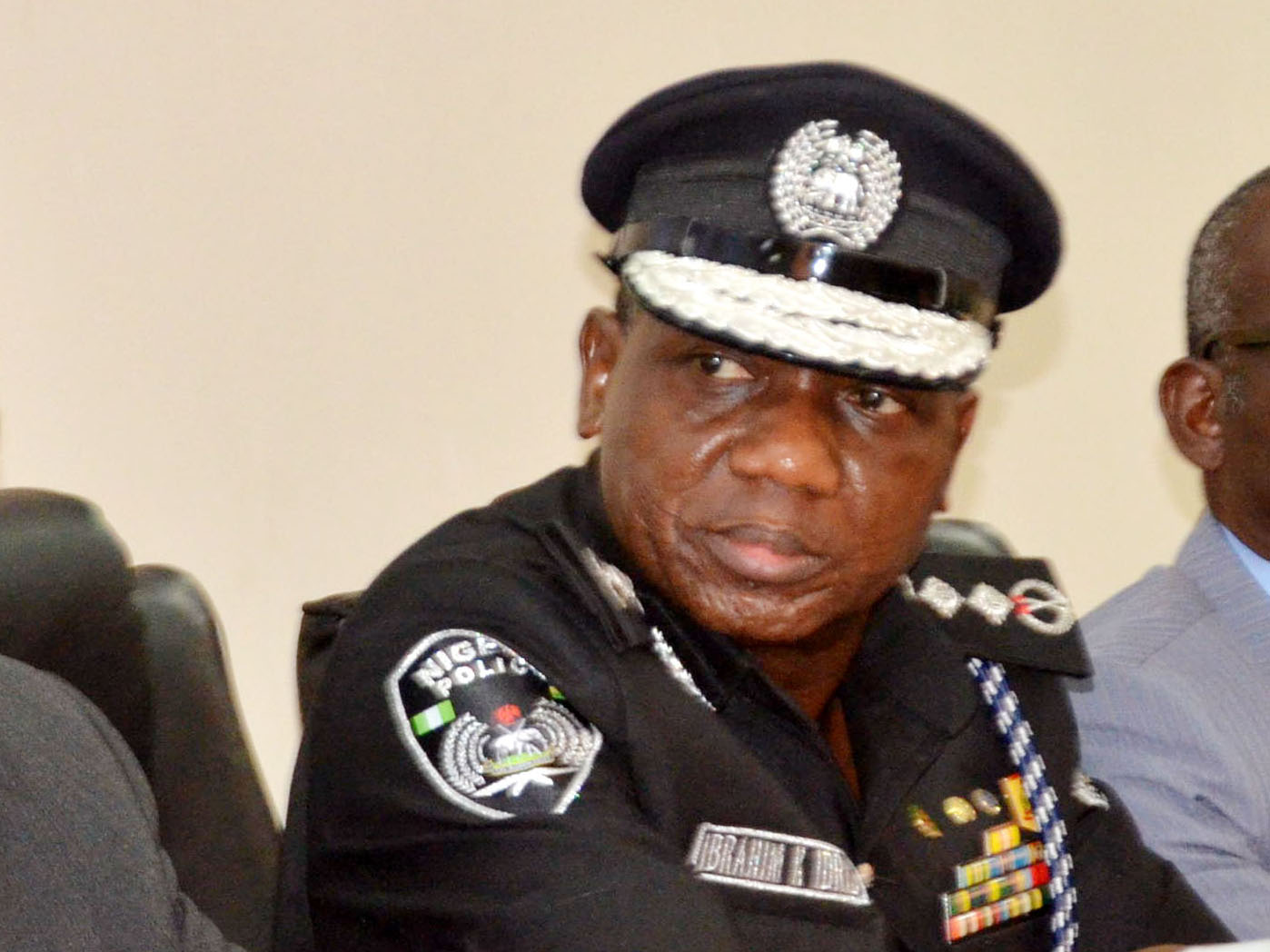Recently, I began a messaging process on Facebook and WhatsApp with the primary objective of changing the way we think as Nigerians before we can make any meaningful progress and realise our full potentials in different sectors. If we are able to reach the hearts of Nigerians in a well co-ordinated worldwide positive messaging effort, there is every likelihood that it will influence the way we think and behave.
Even the Holy Book tells us in the Book of Proverbs that, “As a man thinketh in his heart, so he is”. Every good or bad idea starts from the mind. Interestingly, I have been following similar posts on Facebook. One of them shows a striking photograph of a cat and a dog in a friendly pose, and the poser was: “If a cat and a dog can become friends, why not Nigerians?”
There was another post by a group which calls itself “ANRP” with the over-arching message of “Healing Our Nation” which suggests that we can and should be united as Nigerians, regardless of where we come from. The post says, “We are not Hausas, we are not Igbos, we are not Yorubas; we are Nigerians”. Does this statement make any sense to you? Can it break the ice and lead us somewhere?
I find these contributions by Nigerians who are thinking positively and differently very encouraging. The central theme of my posts is how we can make Nigeria a better place for all including our unborn children. The key requirements to achieve this goal, in my view, include visionary leadership, mutual respect, trust, love, transparency, equity, justice and the fear of God.We need God’s love to unite us because of our diversity which is ordinarily supposed to be a strength and change our individual and national orientation.
Advertisement
The debate for achieving the Nigeria of our dreams is not exactly new but the recent agitations by different groups for what is evidently about self-interest and survival – even if the methods and tactics are not right – underpins the urgent need to discuss openly issues such as transparency, equity and fairness as we aim at charting a new course for Nigeria’s future. It is never too late to start a sincere conversation on the aforementioned issues because they are at the heart of the leadership crisis deeply troubling Nigeria.
Every time, we point to Malaysia, Dubai, Singapore, Norway, China, and South Korea as exemplary models and template for re-building Nigeria, but, in truth, turning Nigeria into a paradise does not require any rocket science. Honestly, there’s nothing wrong in thinking and believing that the significant developments and quality of life achieved in those countries can also take place or should have taken place in Nigeria by now.
I repeat, we need to modify our thinking and change our orientation. Nigerians, both at home and abroad, are doing great things to inspire monumental changes and development in Nigeria; so we have the people and the brains to lead this change for Nigeria to become “a land flowing with milk and honey’’ like any of the countries mentioned above. Dubai, a city that literally grew out of the desert, has become a model of development globally raking in significant revenue largely from destination marketing and not oil. It did not take too long for Dubai to achieve this feat which means it is not too late for Nigeria to re-set its development agenda.
Advertisement
What is essentially holding us back is the way we think. We do not trust each because of tribe and religion made even more tragic because of what is now known as “identity politics”. This is why I agree with Professor Kingsley Moghalu when he wrote in his article recently that the current political class cannot lead us to the PromisedLand which Nigeria should have attained a long time ago.
When a country is led by politicians with very limited vision driven largely by a “me, myself and I’ mentality, there can be no progress. Nigerians desire progress on all fronts and a march to greatness where wealth is created and prosperity is guaranteed for all. Unfortunately, the tragedy is that the majority of Nigerians are still finding it difficult to understand that they hold the power to turn things around by voting out the “bad guys” because of the sobering statistics of underdevelopment that we are confronted with yearly.Elections can be rigged but we can also refuse to be used by politicians; it means election rigging and its twin cousin of violence can be avoided if we are thinking properly.
Instead of politics of ideas, we have been held down by politics of patronage, identity, bitterness, acrimony and do-or-die which ensures that the same set of politicians – some of them stark illiterates and others who claim to be educated neither possessing knowledge or vision – are re-cycled every election season. We complain about our constitution, but according to Simon Kolawole’s theory which I subscribe to, the problem is with us, the operators of the constitution, and not the harmless document. The solution is to change the way we think and behave like Rotarians who ‘think above self”.
Ideally, Nigerians should constantly feel a sense of outrage because they are always short changed by those they voted into office; the history of poor outcomes dating back to 1999 ought to provoke a major outrage and national conversation for transparent leadership from their leaders at all levels.
Advertisement
A good way to begin is to review Nigeria’s revenue since 1999 and match that with what we can see on the ground as development milestones in each state measured in terms of monthly allocations received from Abuja over the period. What did we do with all the money we earned from crude oil, not to mention non-oil receipts and internally generated revenue in all states? I’m not going to pretend as if I do not know what happened or what is happening, but our common humanity is not served by the way public funds are looted by those who have privileged access to power.
This is the time to start thinking differently in order to make Nigeria a better place. I’d really like to know the logic behind looting public funds and taking same by the looters and their collaborators to other countries and then buying properties in those places. It does not stop there. Our looters also invest in expensive holidays with their families; medical tourism when we should be fixing our hospitals and in Ivy League schools around the world for their children.
Instead of building a profitable national carrier like Ethiopian Airlines, our political leaders prefer to fly and show off in private jets. I’m still trying to make sense out of this upside down thinking. How can a yam farmer with a rich barn of yams from his harvest go to the market to buy yam when he wants to eat pounded yam?
There is no part of Nigeria that will not welcome good roads, clean running water, constant electricity, efficient public transportation system, eye-popping infrastructure, all-round quality education and well-equipped hospitals that are not “mere consulting clinics”.
Advertisement
We cannot depend on oil forever, so we need strategic thinkers – and we have plenty of them – in government to shift our focus to non-oil exports because there are several options on the table. In one of my Facebook posts, I said every state in Nigeria should identify an economic activity that will create wealth and prosperity for the state and its people, and the state will become known for that activity. For example, Edo State can become known nationally for home furnishing and Kebbi State as the rice capital of Nigeria. This is very possible and we can draw inspiration from California, USA that has built a prosperous economy noted globally largely from technology, agriculture, entertainment and hospitality sectors.
Braimah is the managing director of a public relations and marketing services company in Lagos
Advertisement
Views expressed by contributors are strictly personal and not of TheCable.
Add a comment
